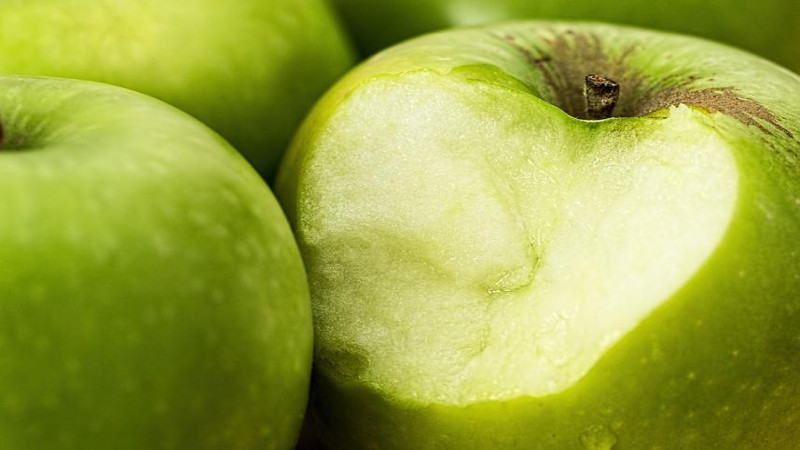
The two most common diseases of modern society are gum disease and tooth decay. These diseases however can easily be prevented by maintaining a healthy diet. Decay occurs when teeth and other tissues inside the mouth are destroyed by acids from oral bacteria. Eating certain food items can make it likelier for you to produce bacteria inside your mouth. Poor nutrition is not a direct cause of tooth decay and gum disease, but it does accelerate the progress and is found more extreme in patients that do not maintain a healthy diet.
Malnourishment or improper nutrition will affect the whole immune system in your body therefore it will put you at risk for multiple different disorders. People with lower immune systems are known to have a higher probability for tooth decay and gum disease.
In addition, research has discovered a connection between oral health and bodily conditions such as cardiovascular disease and diabetes. Therefore, it is necessary to have a well balanced diet and eat a variety of different foods to not just maintain strong, healthy teeth but reduce the likelihood of other diseases with proper intake of vitamins and fibers.
It is necessary to eat a balanced diet that follows the standards of reliable health organizations such as the Public Health Agency of Canada. As you might know already, there are five major food groups to eat from: Fruit, vegetables, grains, dairy, and meat. Try to balance all these foods in your diet, and not to have one or two types overshadow the others. Try to avoid fats as much as possible that will limit your vitamin and mineral intake.
As for beverages, it is important to keep your body and mouth hydrated by drinking plenty of water. Saliva is meant to protect oral tissues inside your mouth, both hard and soft. You can also stimulate your salivary glands by chewing on sugarless candy or gum, in instances where you suffer from a dry mouth.
You are at greater risk of tooth decay by eating foods that stick to your teeth. When you snack, it is wise to avoid cakes, dried fruits, and candy. As substitutes, you can choose to have cheese, nuts, yoghurt, plain vegetables, and candy or gum without sugar.
As for carbohydrates, they are better suitable to be eaten as part of a meal, instead of as snacks, such as with cookies, crackers, and potato chips. Many different foods eaten at once will neutralize acids in the mouth and limit the likelihood of tooth decay.
You can also become malnourished by receiving too much nourishment, besides not enough nourishment. Every time you eat is an environment created for bacteria to develop on your teeth. Studies have shown that tooth decay and gum disease can stem from overeating just like heart disease, diabetes, and obesity do. Your Prince George dentist advises you to overeat as sparingly as possible.
If you are concerned about your nutritional status, ask your Prince George dentist for more information about how your diet affects your dental health. There are many conditions inside the mouth that can occur, such as loss of teeth, aches and pains, or joint dysfunction. These things can all impair eating and chewing, and are often found among the elderly, those who have limited diets, and those that undergo medical treatments. At times when it is important to eat well balanced and nutritious meals, these people can either be too weakened or isolated to do so. Talk to your dentist if you or someone you know needs some direction when challenged with these circumstances.

